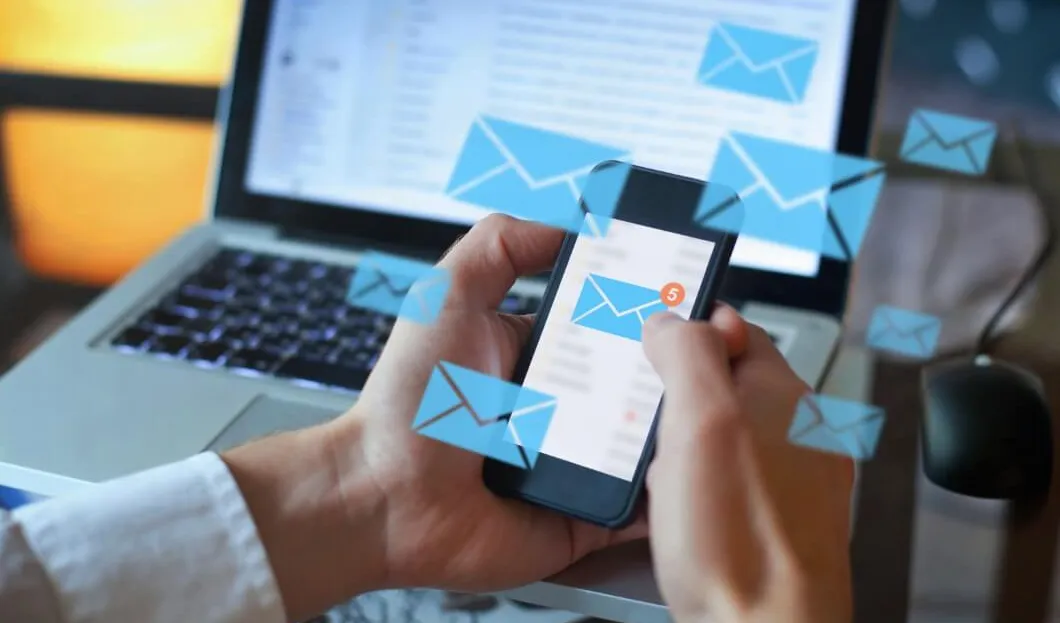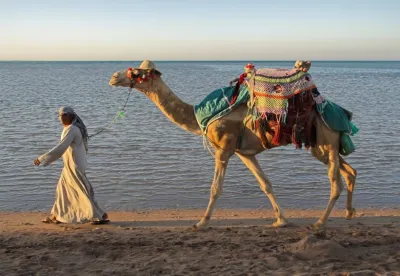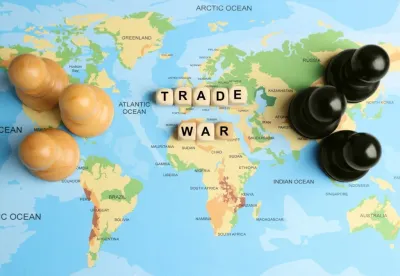
There are numerous strategies of promotion and communication, but to well inform your customers and prospects, or to propose new tourist destinations or promotional offers, nothing is like the sending of SMS, which in addition will enable you to retain your customers and remind them the company name.
The mobile, or digital channel, has become the communication channel of reference, because it is always available and usable, anywhere and at any time.
Communicate with Tourists via SMS
What are the advantages of using SMS marketing for tourism? Tourism is a very customer-centric industry where it is important to keep customers informed of the latest industry trends, but also of unforeseen and last-minute changes.
It is also an industry where customers need to be reassured when they are travelling. But then, which communication channel to use to meet these different objectives?
Today, mass text messaging is positioned as a superb channel for strengthening proximity with customers. They are not only inexpensive, but they also have a very high open rate (98%) and about 90% are read by recipients within 90 seconds of receipt.
Tour operators, travel agencies, airlines, car rental companies or hotel groups, great restaurants, bed and breakfasts and rental companies of all kinds... Discover in this article the many advantages of SMS marketing for tourism.
Without the slightest hesitation and all the experts will confirm it, the mobile digital channel (SMS), has become one of the best communication tools possible and is very easy to use. In any case, it is the one that presents one of the best R.O.I. on the communication market.
SMS to Encourage and Facilitate Bookings
Generally speaking, people love and want to travel as much as they can. To convince them to make a reservation, you just need to set up fares that are within their budget and also know how to encourage them to act, at the most opportune moment.
For this, marketers can use SMS to send out enticing offers such as hotel discounts, special packages, and early booking offers, and then embed a link in the sent SMS to the web page where people can avail of the offers.

Keep Your Customers Informed in Real-Time
The advantage of text messages is that they are delivered almost instantly and the majority of them are also read immediately as people never part with their smartphones or mobile phones.
They do not need to access an account, as is the case with emails, to consult the received SMS, so the reading is immediate. These characteristics of SMS make them an excellent channel to communicate urgently and in real-time with customers.
SMS in All Aspects of Tourism
As you can see, SMS marketing for tourism can be used at every stage of the buyer's journey, from broadcasting special offers to potentially interested parties, through booking to confirmations and mobile boarding passes once the holiday is underway.
Here is a long, but still non-exhaustive list of situations and occasions where you can send SMS to your clients or future clients in the tourism sector:
- Sending the travel itinerary to the smartphone, mainly by MMS;
- Confirmation of purchases and reservations (hotel reservations, airline reservations, etc.);
- Schedule change announcement;
- Announcement of a flight delay, bus departure delay...
- Announcement of flight cancellation, cancellation of a special offer, cancellation of a trip...
- Use of SMS as an electronic ticket;
- Announcement of lost luggage, hotel room ready, change of circuit;
- Broadcasting of the promotions not to be missed;
- Broadcasting of weather warnings (storms, strong winds, heavy precipitation, snow and ice, extreme cold, heatwave...) and potential problems or unforeseen events such as traffic jams, road accidents on the planned route...
- Sending welcome, thank you and best wishes messages to customers;
- Broadcasting offers last minute or limited time;
- Customer reminder;
- Advice on how to prepare for a trip, what not to do when visiting a foreign territory...
- Reminders of organizations to contact in an emergency abroad.
- A reminder of meal times and other lunch breaks.









